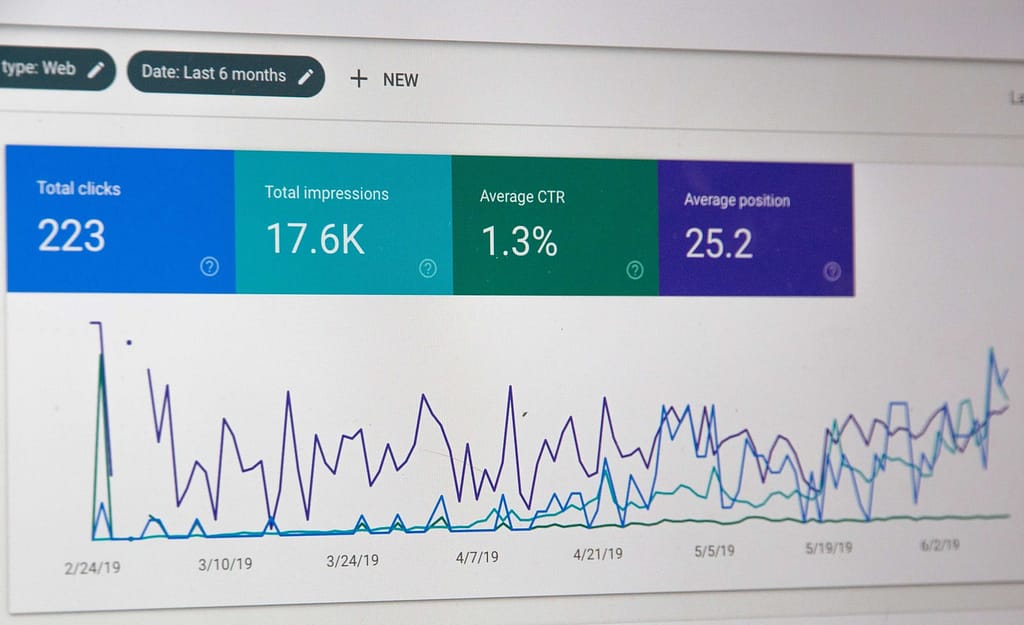SEO for voice search is here, staying ahead is the key to ensuring your digital presence remains strong and visible. As we navigate the digital terrain in 2024, voice search optimization has become an important component of a successful SEO strategy. DevTable makes understanding voice search optimization for SEO easy to understand and follow! If you are looking to rank in 2024 then you must make voice search optimizations. Read the article below to learn how to do voice search optimization.
1. The Rise of Voice Search: A Paradigm Shift
Virtual assistants, such as Amazon Alexa, have become ubiquitous, shaping a significant shift in user behavior towards voice search. Understanding and adapting to this change is imperative for businesses seeking to maintain or elevate their online visibility.
Adapting to User Behavior:
- Recognize the prevalence of virtual assistants.
- Acknowledge the shift towards voice search.

2. Optimizing for Conversational Queries
Users are no longer typing; they’re talking. This fundamental shift demands a change in our approach to keyword optimization. To thrive in voice search results, content must align with the conversational nature of spoken queries.
Key Strategy: Develop content with a natural language tone.
- Embrace a conversational tone in content creation.
- Focus on addressing user intent and queries directly.
3. Embracing Long-Tail Keywords
In the realm of voice search, long-tail keywords take center stage. Users express themselves more expansively in voice queries compared to typed searches. Incorporating these detailed phrases into your content is essential for capturing the nuances of voice search.
Key Strategy: Prioritize FAQ Sections
- Create FAQ sections with voice search queries in mind.
- Provide concise, direct answers to anticipated questions.
4. Adapting to the Voice-First Future
As we navigate 2024, it’s clear that voice search optimization is not just a trend; it’s a fundamental shift in the way users interact with the digital world. Embracing this change and optimizing your content accordingly will position your brand for success in the voice-first future.
In conclusion, as you refine your SEO strategy for 2024, remember that voice search optimization is not an option; it’s a necessity. By focusing on natural language, long-tail keywords, and FAQ optimization, you’ll not only stay relevant but also thrive in the dynamic landscape of voice search. Your users are speaking; it’s time for your content to respond.
Frequently Asked Questions
Voice search is crucial for SEO in 2024 due to the increasing prevalence of virtual assistants like Alexas. Users are shifting towards voice search, making it essential for businesses to adapt to this change for enhanced online visibility.
To optimize for conversational queries, develop content with a natural language tone. Embrace a conversational writing style that directly addresses user intent and queries.
Long-tail keywords play a vital role in voice search as users express themselves more expansively. Incorporating detailed phrases into your content helps capture the nuances of voice search.
Prioritize FAQ sections by anticipating voice search queries. Create concise and direct answers to common questions, aligning your content with the conversational nature of spoken queries.
Voice search optimization is not just a trend; it’s a fundamental shift in user behavior. Embracing this change and optimizing your content accordingly will position your brand for success in the voice-first future.
Strategies for adapting include recognizing the prevalence of virtual assistants, embracing a conversational writing tone, and incorporating long-tail keywords. Additionally, prioritize FAQ sections for direct answers to anticipated voice search queries.
